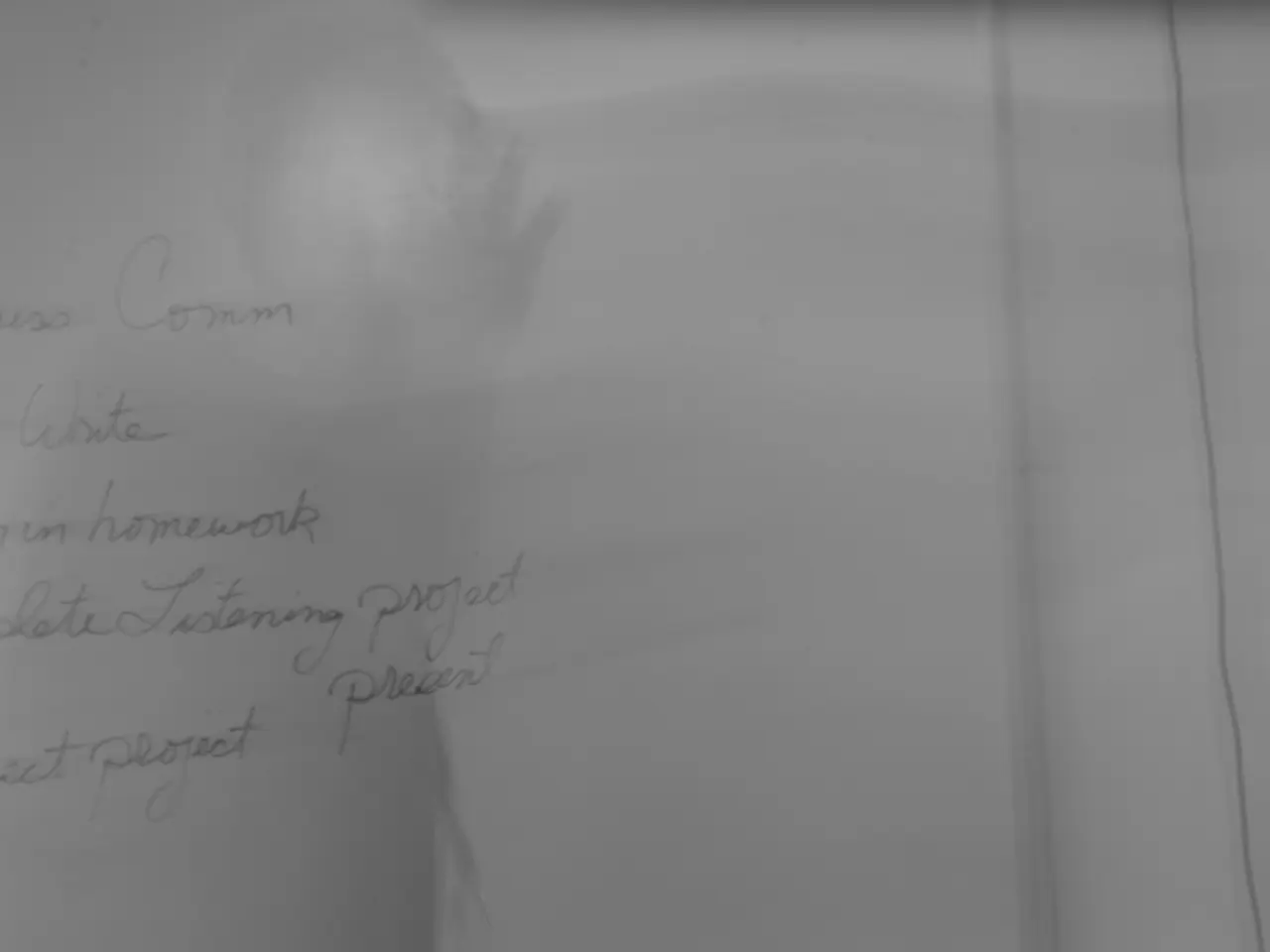Presidential Power to Grant Clemency or Pardons
In the complex landscape of India's legal jurisprudence, the debate surrounding the judicial review of mercy petitions in capital punishment cases is a subject of much discussion. This article explores the key arguments for and against this practice, shedding light on the constitutional rights, executive powers, and the need for fairness and justice.
Arguments for Judicial Review
The primary arguments for judicial review revolve around safeguarding the right to life, addressing mental health and fair treatment, and checking executive discretion.
- Safeguarding the Right to Life: Death row prisoners file mercy petitions as a final plea for commuting their sentence. Judicial review helps prevent arbitrary or prolonged delays, which can amount to psychological torture, violating their right to life and dignity.
- Addressing Mental Health and Fair Treatment: Courts have recognised that post-conviction mental illness or severe mental deterioration of a death row inmate is a ground for commutation. Judicial scrutiny ensures that such humanitarian considerations are factored in.
- Check on Executive Discretion: Mercy petitions are decided by the President or Governor as part of the executive, typically without judicial re-trial. Judicial review acts as a crucial check to ensure that the exercise of mercy powers conforms to constitutional safeguards and justice and is not arbitrary.
Arguments against Judicial Review
Critics of judicial review generally focus on the separation of powers and the nature of mercy powers.
- Mercy Powers as a Constitutional Prerogative: Under Articles 72 and 161, the President and Governors have the discretion to grant pardon or commute sentences. Some argue that judicial interference undermines this constitutional executive prerogative.
- Potential Procedural and Administrative Delays: The involvement of judiciary in reviewing mercy petitions could further complicate and prolong the process, intensifying the issue of delays.
- Finality and Deterrence Concerns: Opponents of interfering with mercy petitions through judicial review may argue that it dilutes the deterrent effect of the death penalty by allowing prolonged litigation and may undermine public confidence in swift justice for heinous crimes.
In summary, judicial review of mercy petitions is advocated to uphold fundamental rights and ensure humane treatment and procedural fairness, especially given the irreversible nature of capital punishment and potential executive delays. However, critics caution against judicial overreach into an area constitutionally entrusted to the executive, as well as the risks of adding delay and undermining finality and deterrence in capital punishment cases.
This complex issue, with its deep roots in constitutional law and human rights, continues to be a subject of intense debate in India. As the legal system strives to balance the need for justice with the protection of individual rights, the discussion on judicial review of mercy petitions in capital punishment cases remains a critical and ongoing conversation.
[1] Shatrughan Chauhan v. Union of India (2014) [2] Machhi Singh v. State of Punjab (1983) [3] Kehar Singh vs Union of India (1989)
In the ongoing debate about judicial review of mercy petitions in India's legal system, proponents argue that it is necessary to safeguard the right to life, address mental health and fair treatment, and check executive discretion. On the other hand, critics contend that judicial review may undermine the constitutional prerogative of mercy powers, add procedural delays, and dilute the deterrent effect of the death penalty. Despite these contrasting views, the discussion on this complex issue, deeply rooted in constitutional law and human rights, remains a critical and ongoing conversation within India's field of policy-and-legislation and politics, often intertwined with general-news.







